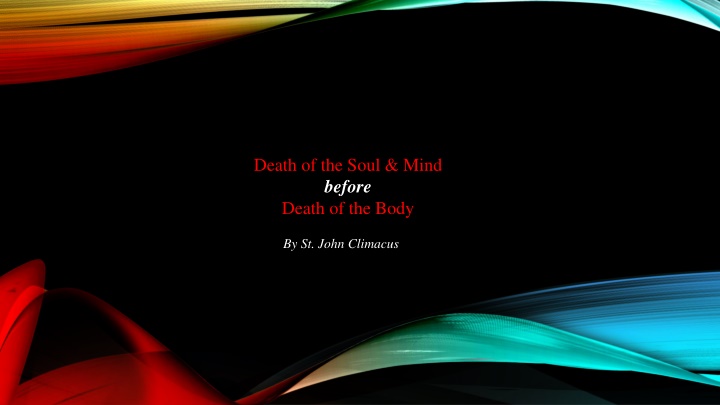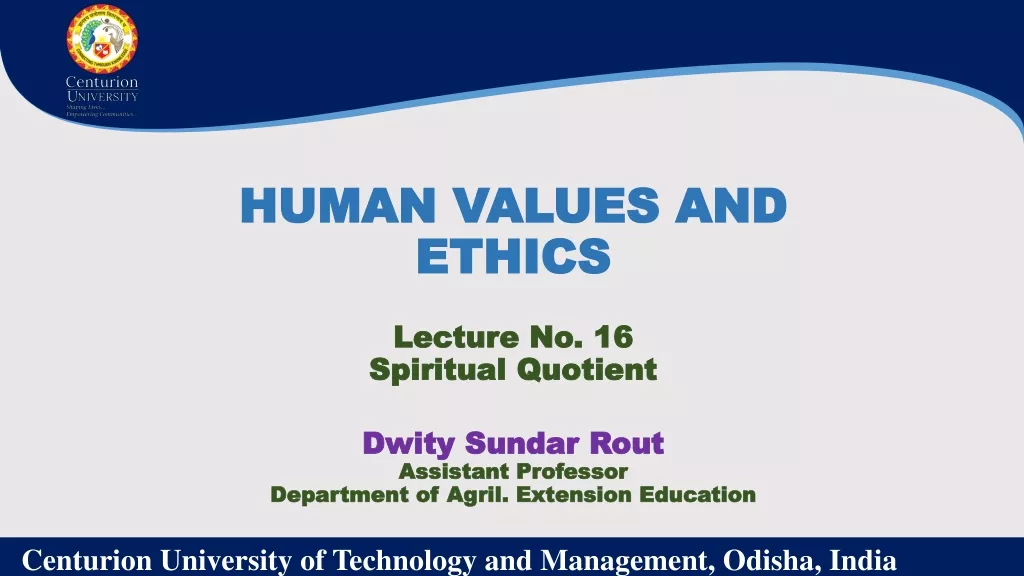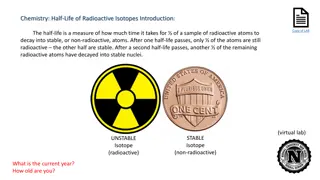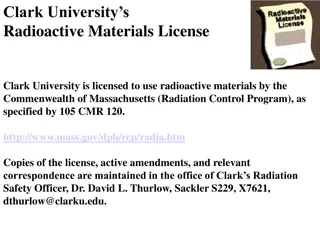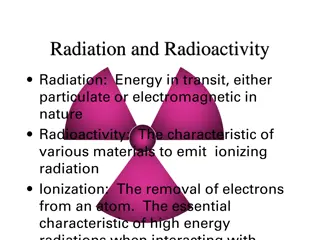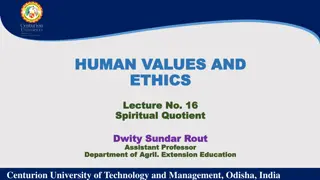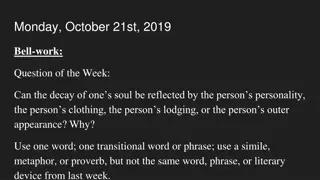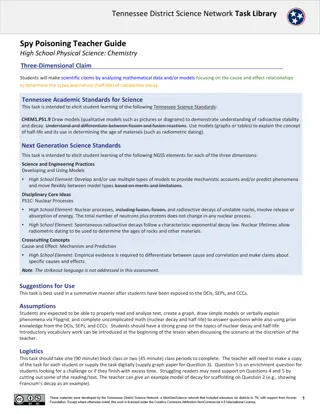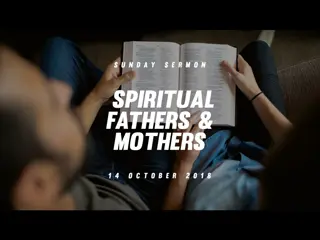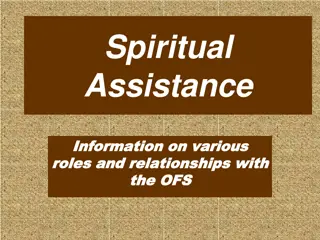Reflections on Insensibility and Spiritual Decay by St. John Climacus
St. John Climacus delves into the dangers of insensibility, highlighting how it leads to a numbed spirit, negligence, and a loss of feeling. He emphasizes the detrimental effects on the soul and mind, portraying individuals who preach virtues but fail to live by them, succumbing to hypocrisy and moral decay.
Download Presentation

Please find below an Image/Link to download the presentation.
The content on the website is provided AS IS for your information and personal use only. It may not be sold, licensed, or shared on other websites without obtaining consent from the author.If you encounter any issues during the download, it is possible that the publisher has removed the file from their server.
You are allowed to download the files provided on this website for personal or commercial use, subject to the condition that they are used lawfully. All files are the property of their respective owners.
The content on the website is provided AS IS for your information and personal use only. It may not be sold, licensed, or shared on other websites without obtaining consent from the author.
E N D
Presentation Transcript
Death of the Soul & Mind before Death of the Body By St. John Climacus
By St. John Climacus Insensibility both in the body and in the spirit is deadened feeling, which from long sickness and negligence lapses into loss of feeling. Insensibility is negligence that has become habit; benumbed thought; the birth of presumption; a snare for zeal; the noose of courage; ignorance of compunction; a door to despair; the mother of forgetfulness, which gives birth to loss of the fear of God and then she becomes the daughter of her own daughter
By St. John Climacus He who has lost sensibility is a brainless philosopher, a self-condemned commentator, a self-contradictory windbag, a blind man who teaches others to see. He talks about healing a wound, and does not stop irritating it. He complains of sickness, and does not stop eating what is harmful. He prays against it, and immediately goes and does it. His mouth prays against his passion, and his body struggles for it. He philosophizes about death, but he behaves as if he were immortal. He groans over the separation of soul and body, but drowses along as if he were eternal. He talks of temperance and self-control, but he lives for gluttony. He reads about the judgment and begins to smile. He reads about vainglory, and is vainglorious while actually reading.
By St. John Climacus He repeats what he has learnt about vigil, and drops asleep on the spot. He praises prayer, but runs from it as from the plague. He blesses obedience, but he is the first to disobey. He praises detachment, but he is not ashamed to be spiteful and to fight for a rag. When angered he gets bitter, and he is angered again at his bitterness; and he does not feel that after one defeat he is suffering another. Having overeaten he repents, and a little later again gives way to it. He blesses silence, and praises it with a spate of words.
By St. John Climacus He teaches meekness, and during the actual teaching frequently gets angry. Having woken from passion he sighs, and shaking his head, he again yields to passion. He condemns laughter, and lectures on mourning with a smile on his face. Before others he blames himself for being vainglorious, and in blaming himself is only angling for glory for himself. He looks people in the face with passion, and talks about chastity while frequenting the world, he praises the solitary life, without realizing that he shames himself. He extols almsgivers, and reviles beggars. All the time he is his own accuser, and he does not want to come to his senses I will not say cannot.
By St. John Climacus I have seen many people like this hear about death and the terrible judgment and shed tears, and with the tears still in their eyes they eagerly go to a meal. And I was amazed how this tyrant, this stinkpot of gluttony, by complete indifference, can grow so strong as to turn the tables even on mourning. As far as my poor powers and knowledge allow, I have exposed the wiles and weals of this stony, obstinate, raging and stupid passion. He who is experienced and able in the Lord should not shrink from applying healing to the sores. For I am not ashamed to admit my own powerlessness, since I am sorely afflicted with this sickness. I should not have been able to discover its wiles and tricks by myself if I had not caught it and held it firmly, probing it to make it acknowledge what has been said above, and plying it with the scourge of the fear of the Lord and with unceasing prayer.
By St. John Climacus That is why this tyrant and evil doer said to me: My subjects laugh when they see corpses. When they stand at prayer they are completely stony, hard and darkened. When they see the holy altar they feel nothing; When they partake of the Gift, it is as if they had eaten ordinary bread. When I see persons moved by compunction, I mock them. From my father I learnt to kill all good things which are born of courage and love. I am the mother of laughter, the nurse of sleep, the friend of a full belly. When exposed I do not grieve. I go hand in hand with sham piety
By St. John Climacus I was astounded at the words of this raving creature and asked her about her father, wishing to know her name, and she said; I have no single parentage; my conception is mixed and indefinite. Satiety nourishes me, time makes me grow, and bad habit entrenches me. He who keeps this habit will never be rid of me. Be constant in vigil, meditating on the eternal judgment; then perhaps I shall to some extent relax my hold on you. Find out what caused me to be born in you, and then battle against my mother; for she is not in all cases the same. Pray often at the coffins, and engrave an indelible image of them in your heart. For unless you inscribe it there with the pencil of fasting, you will never conquer me.
